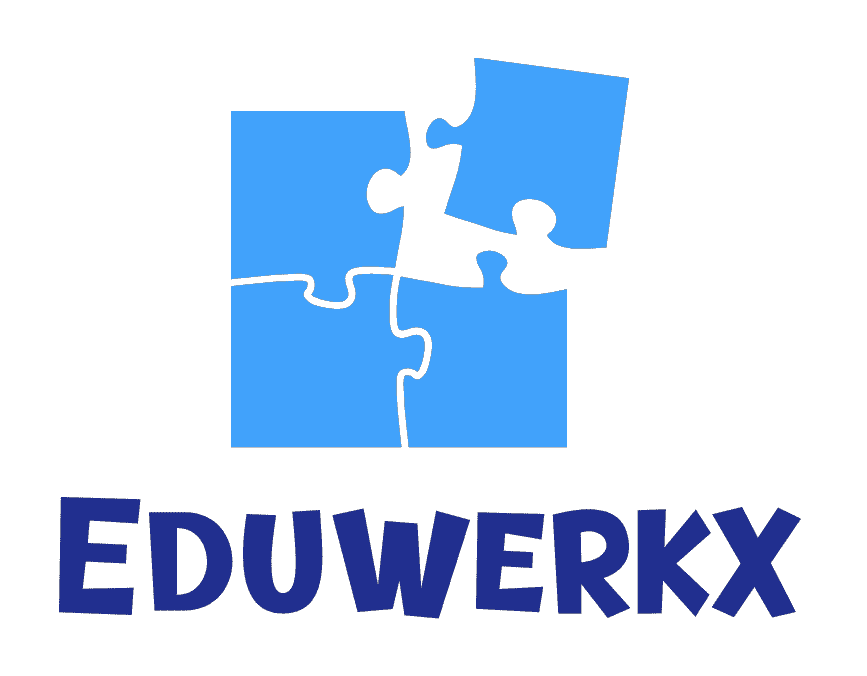We previously discussed how the learning method you choose for your child can significantly influence their cognitive, social and emotional development. We also mentioned instructional-based learning or rigid learning, where your child has to conform to predetermined definitions and explanations, can permanently change the way they learn.
Rigid learning is like having second hand knowledge. You can repeat what you heard, but if someone ask you questions about the details, you might struggle. Conversely, if you are the creator of that knowledge, you would be able to answer a variety of questions about the details.
Rigid learning is structured, often following a linear progression from simple to complex concepts. This approach typically involves providing learners with predetermined thinking, definitions, explanations and answers. As a result, learners tend to often focus on rote memorization rather than critical engagement with the material.
The lack of opportunities for critical engagement in rigid learning environments hinders the development of essential skills, which are crucial in today’s ever-changing world. Additionally, the approach of providing learners with all the information discourages the practice of actively seeking knowledge and engaging in independent learning, which are fundamental components of lifelong learning.
When you construct a knowledge wall with rigid bricks of different sizes, it can result in many gaps in understanding. These gaps can lead to a sense of frustration and confusion, making the subject appear difficult and discouraging further engagement. Even when students encounter new information to build upon these gaps, they struggle to make connections as the knowledge wall has not been assembled properly.
Choosing a poor learning method can permanently alter the way your child learns, leaving a lasting negative impact and limiting their development of essential skills. In this post, we will explore how fluid learning enhance your child’s skills and learning abilities, making it easier for them to handle tough subjects.
Developing Abilities Through Fluid Learning
As the ancient Chinese philosopher Confucius once said, “Be like water”. This timeless wisdom suggests adaptability, flexibility and the ability to navigate information effortlessly. Just as water can shape itself to fit any container or obstacle, we should master the skills to break down, analyze and connect information with ease.
Fluid learning is an approach that encourages learners to interact actively with the content rather than passively consuming it. It emphasizes adaptability, personalization and student-centred learning. Your child learns to analyze, deconstruct and rebuild information to integrate it with their existing knowledge base.
Your child becomes the creator of the newly integrated knowledge, which means they have a deeper understanding and are able to answer a wide variety of details regarding the knowledge. However, fluid learning demands the use of a wide range of abilities. There is no better way to cultivate these abilities than through Eduwerkx’s personalized learning that teaches students how to adapt the learning content to their own needs.
By allowing your child learn through a fluid approach, you equip them with a wide range of essential skills and establish the foundation needed for becoming a future expert in their chosen field. Interested to learn how your child can consistently think outside the box? Like and follow to find out more in part 12.
#ParentingTips #TeenEducation #AcademicSupport #LearningChallenges #StudyTips #EducationMatters #TeenSupport #SchoolStruggles #EducationalGuidance #ParentingAdvice #Eduwerkx #AITutor #education #edtech #kiasu #paradox #learning
